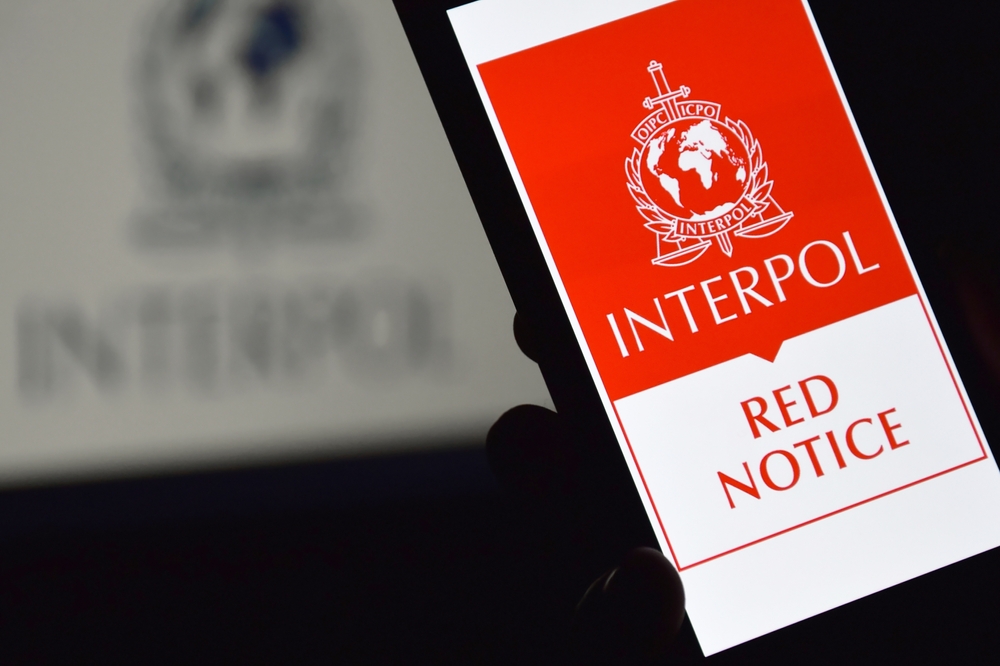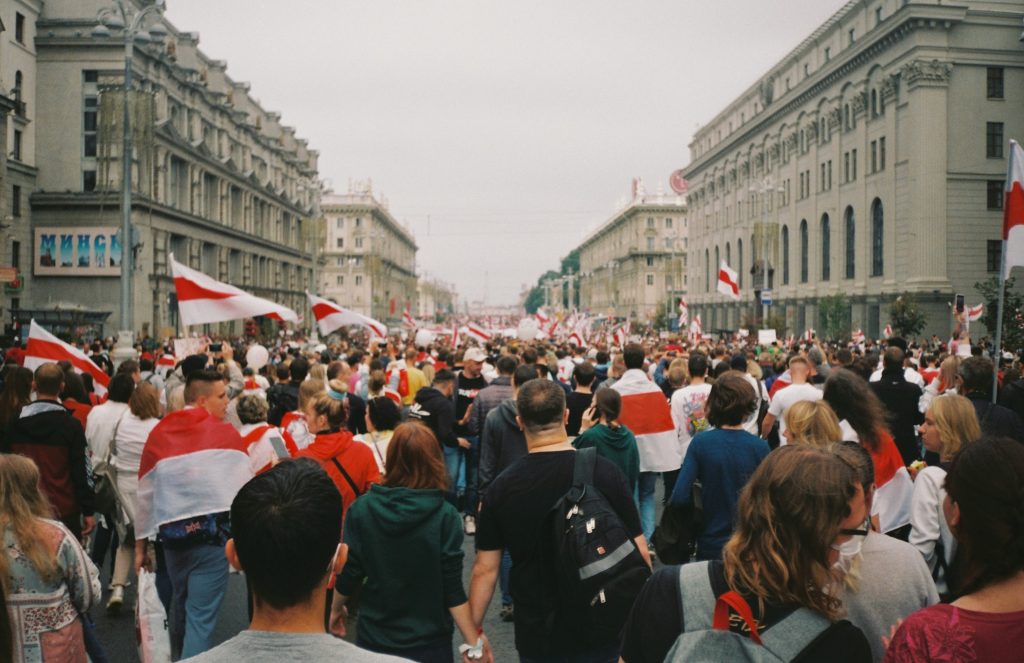Red Notices are not arrest warrants, yet they can produce very similar effects. This gap between theory and practice creates space for abuse. Following the declaration of a state of emergency in March 2022 in El Salvador, the administration of President Nayib Bukele began deploying Red Notices as an extension of its domestic anti-gang campaign. Reports from 2025 confirm that El Salvador has issued hundreds of such notices across multiple jurisdictions, resulting in arrests in Latin America, the United States, and Europe.
The scope is without precedent in the region. According to InSight Crime, El Salvador currently maintains more than 800 active Red Notices—quadruple Argentina’s total, the next highest in Latin America. Such disproportionate reliance strongly suggests that the Red Notice system is functioning as an extraterritorial extension of domestic emergency measures. Although the effectiveness of the measures taken by the Bukele administration has proven to be effective in the short and mid-term, several challenges remain to be addressed.
The legal character of a Red Notice does not itself establish criminal liability nor suffice as an independent ground for detention under most national legal systems. Courts in the United States, for example, have held that a Red Notice alone cannot constitute probable cause. In Gonzalez-Castillo v. Garland, the Ninth Circuit rejected reliance on a Salvadoran Red Notice in the absence of independent evidence, affirming that such notices lack inherent evidentiary value.
Nevertheless, in practice, Red Notices frequently result in immediate detention at border crossings or during routine immigration checks. This functional equivalence to an arrest warrant, despite INTERPOL’s formal disclaimers, is precisely what creates the potential for abuse. Charges such as “illicit association” under Salvadoran law are sufficiently elastic to capture individuals with tenuous or no genuine gang affiliation. The extraterritorial pursuit of such charges risks violating principles of legality and proportionality embedded in international human rights law.
The internationalisation of El Salvador’s emergency regime exacerbates domestic concerns about due process. Since 2022, more than 88,800 individuals have been detained under emergency powers, many without access to counsel or judicial review. Exporting these practices through INTERPOL raises a high risk of constructive refoulement, where asylum seekers or migrants could be returned to face arbitrary detention.
Cases in European jurisdictions have demonstrated judicial reluctance to honour Salvadoran Red Notices. Spanish courts, for instance, have questioned the sufficiency of evidence and the compatibility of El Salvador’s emergency framework with European human rights standards (InSight Crime). Such refusals highlight the tension between INTERPOL cooperation obligations and non-refoulement duties under instruments such as the 1951 Refugee Convention, Article 7 of the International Covenant on Civil and Political Rights (ICCPR), and Article 3 of the European Convention on Human Rights (ECHR).
The concern extends beyond asylum law. Article 14 of the ICCPR guarantees the right to a fair trial, including the presumption of innocence and the right to defence. If Red Notices are executed without robust judicial review in the receiving state, these guarantees risk being circumvented through administrative detention. In this sense, misuse of the system is not simply an abuse of international cooperation but also a circumvention of fundamental fair trial rights.
Interpol has recognised the problem of misuse and established the Notices and Diffusions Task Force (NDTF) in 2016 to vet requests. This blog has primarily addressed these measures in the past. The organisation’s 2024 statistics illustrate the scale of its intervention: 15,548 Red Notices were issued, but 2,462 notices and diffusions were refused or cancelled—a 54% increase from the prior year. Of these, 111 were rejected for human rights concerns and 194 for political, military, religious, or racial grounds.
The absence of country-specific data, however, prevents meaningful assessment of whether Salvadoran requests are disproportionately implicated. Calls from civil society emphasise the need for greater transparency, especially regarding diffusions, which undergo even less scrutiny than Red Notices. However, there is also a structural issue: INTERPOL is not a treaty-based organisation but an association governed by its own constitution and internal rules. Its decisions are not subject to judicial oversight in the traditional sense, leaving individuals with limited remedies. The Commission for the Control of INTERPOL’s Files (CCF) provides a form of administrative review.
El Salvador’s overuse of Red Notices underscores a broader regional concern: the capacity of Latin American governments to exploit INTERPOL for domestic political or security agendas. Whereas Argentina maintains approximately 200 active Red Notices, El Salvador’s 800 signify a radical departure from regional norms (InSight Crime). Such disproportionate use risks eroding confidence in the system and undermining mutual legal assistance frameworks.
Historically, other states in the region have also faced accusations of politicising Red Notices. Venezuela, for example, has been criticised for issuing notices against political opponents and exiled activists. These cases reinforce concerns that the system, without robust oversight, can function as an instrument of transnational repression rather than a means of international justice.
El Salvador’s deployment of over 800 Red Notices reflects a deliberate attempt to internationalise its domestic state of emergency. While successful in reducing gang violence at home, this strategy strains the legal limits of INTERPOL cooperation, risks contravening human rights obligations, and exposes structural deficiencies within the Red Notice system. For INTERPOL to preserve its legitimacy, reforms must go beyond current vetting practices. Enhanced transparency, state-specific reporting, and stricter scrutiny of emergency-based requests are necessary. In addition, more robust remedies must be made available to individuals subject to abusive notices, whether through strengthening the CCF or creating an independent review body.
Absent reforms, the organisation risks entrenching jurisdictional overreach and transnational repression. El Salvador’s case serves as a warning: without meaningful safeguards, the very tool designed to promote international justice can become a vehicle for undermining it.
—
Image: Yunming Wang via Unsplash



